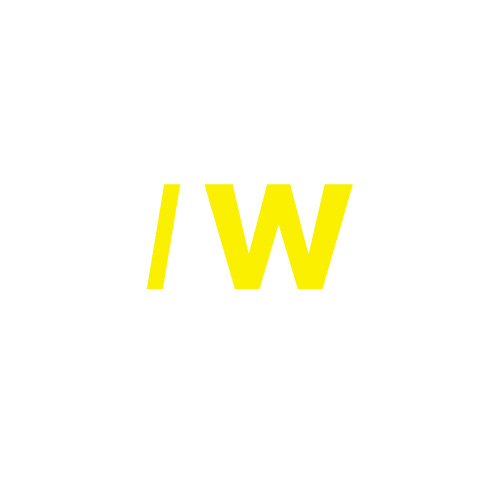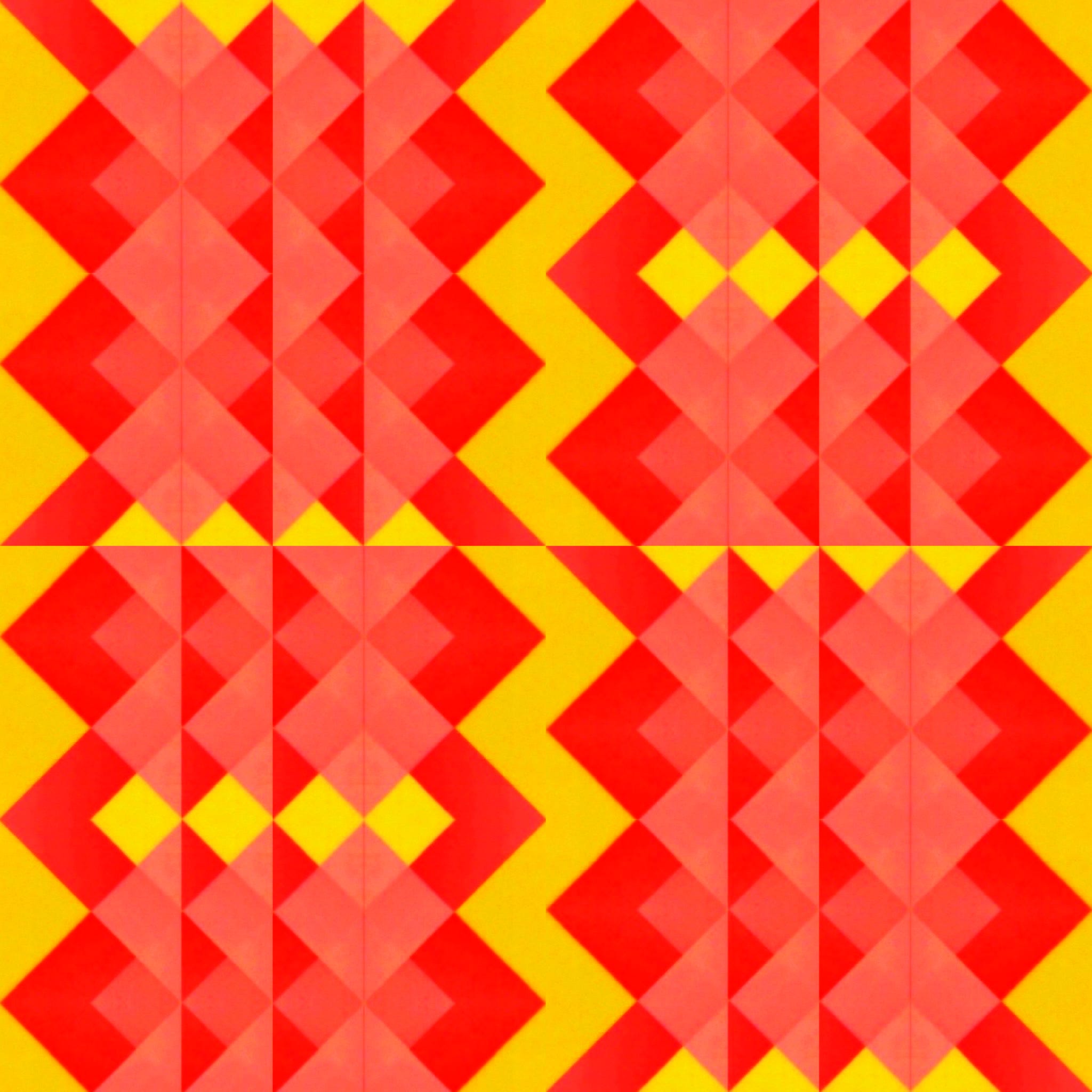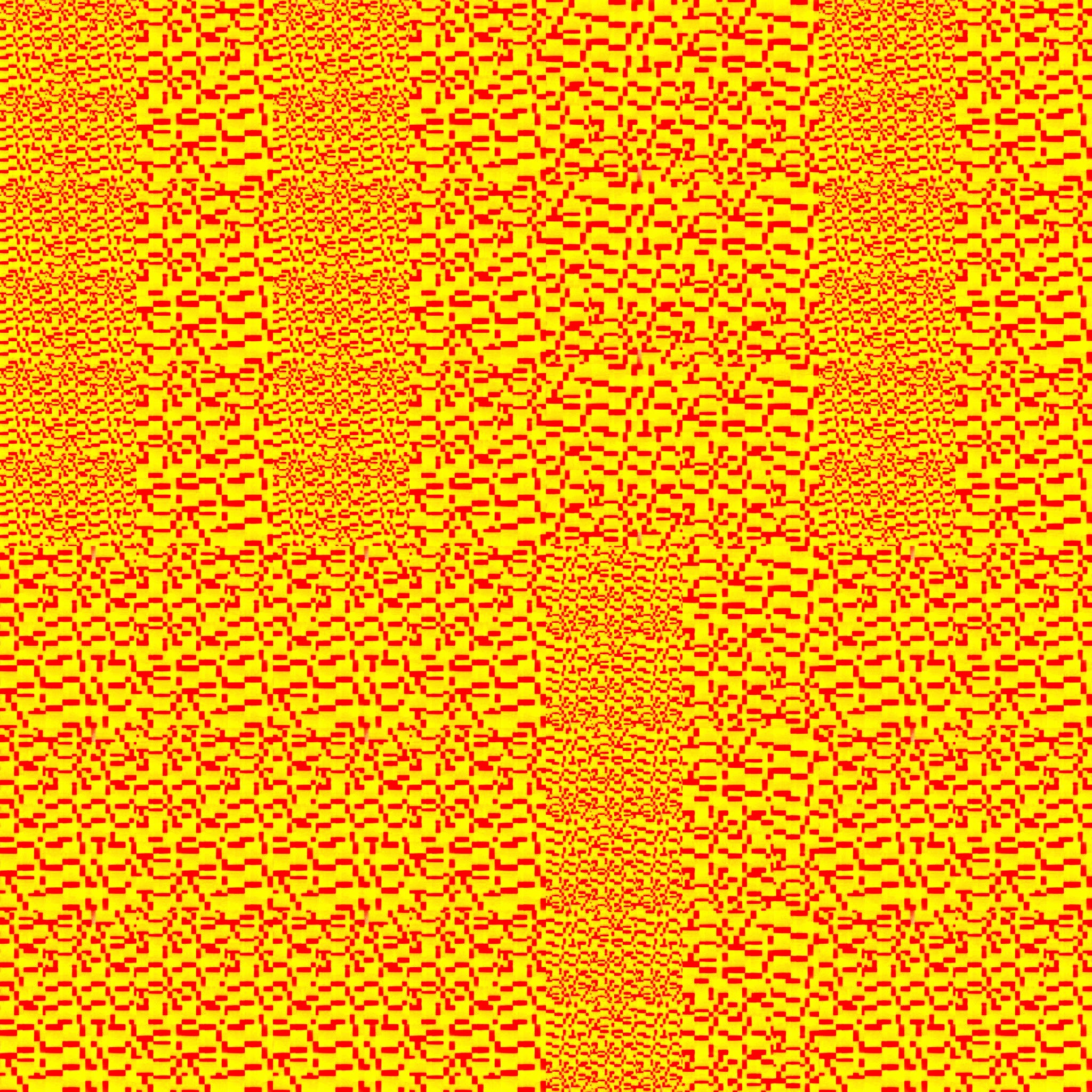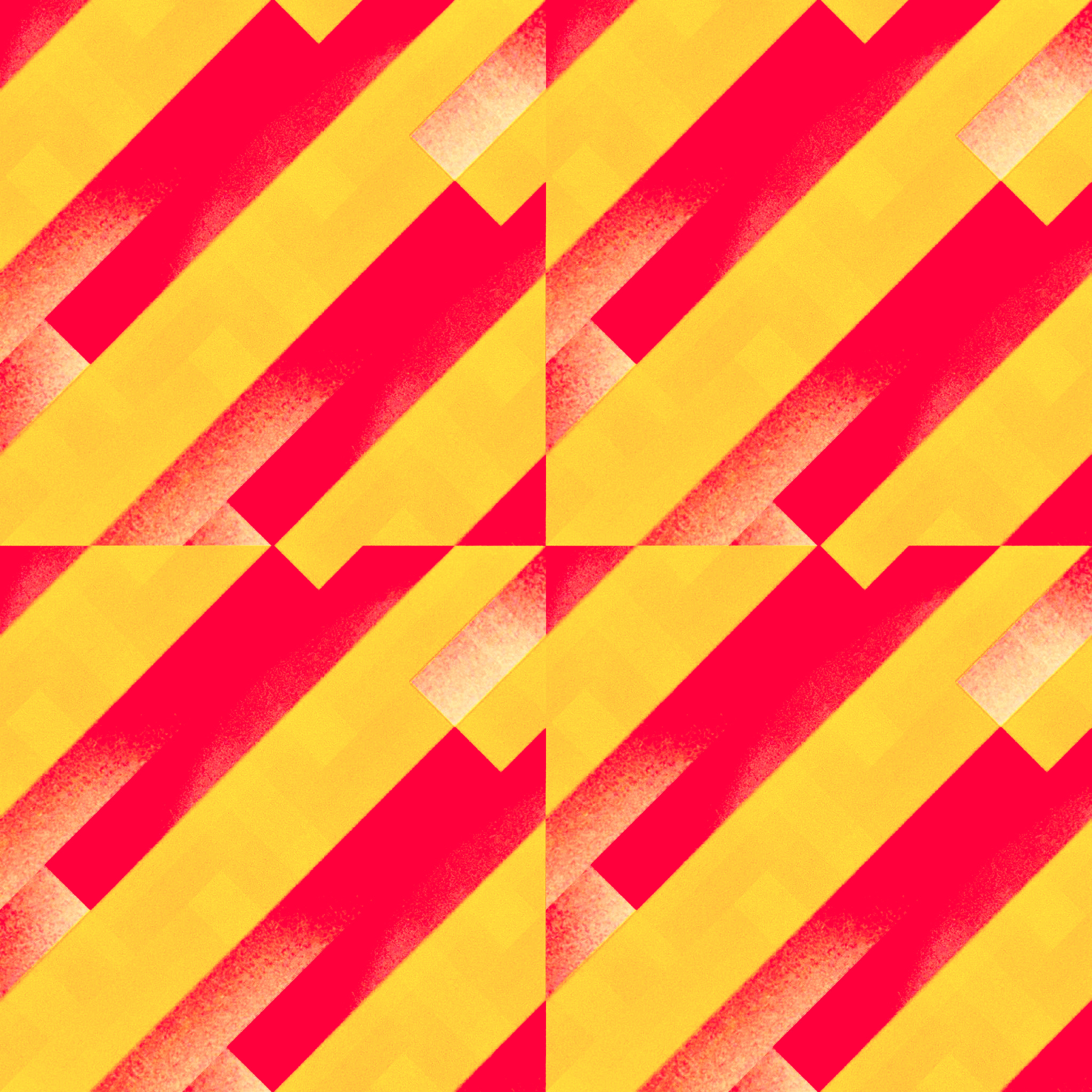
Imperfect World

Imperfect World

Postscript as prologue

This note continues the ‘to orient’ series, prompted by a recent visit to China. The plan is for this ‘batch’ to be published relatively quickly, and with that done, return to a slower publication schedule.

The aim of this series is thinking through and thinking with China. One of the references for ‘to orient’ is Edward Said, and while these notes likely fail to meet his exacting standards, hopefully the intent and core ideas might. The aim - the need - is to recognise and reckon with China, in all its complexity and detail.

Faced with contagion, confrontation, conflict, how to avoid disorientation? And if that can be managed, how can we actively and positively orientate ourselves? A starting assumption here is that there are better and worse ways to orientate, and we should aim for better ones.

The political and financial might of the United States, combined with the centrality of its tech platforms and English as the lingua franca, ensures voices from that one country tend to occupy an outsized role in discourse and thinking. Certainly, what happens there is deeply consequential for the world, and so it is important, it does matter.